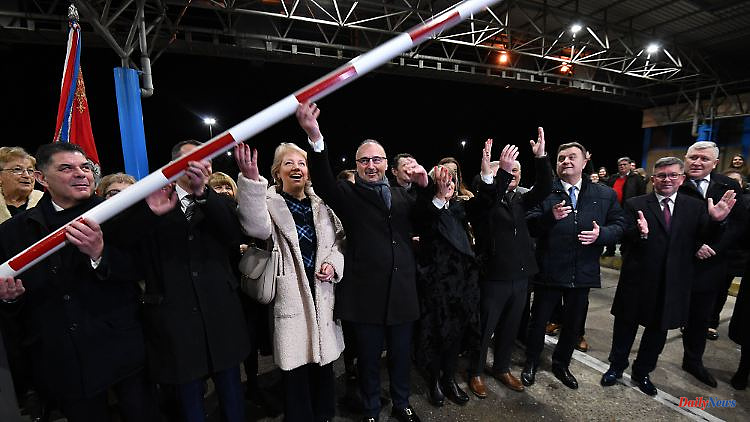The European currency community is growing: the Adriatic state of Croatia will join the euro zone at the beginning of the new year. The old national currency, the Kuna, has been history since midnight. ECB boss Lagarde congratulates: "Croatia has worked hard."
The European Central Bank (ECB) has welcomed Croatia as a new member of the euro area. "I welcome Croatia to the euro family and to the Governing Council table in Frankfurt," said Central Bank President Christine Lagarde.
"Croatia worked hard to become the 20th member of the euro area and it was successful. I congratulate the Croatian people." According to Lagarde, the euro is an attractive currency that brings stability to its members.
With Croatia's accession to the euro area, the Croatian central bank - Hrvatska Narodna Banka (HNB) - officially becomes a member of the Eurosystem, on an equal footing with the other national central banks such as the Deutsche Bundesbank, the Banque de France or the Banca d'Italia.
At the turn of the year, the EU country Croatia introduced the euro instead of the national currency kuna. At the same time, the country on the Adriatic joined the Schengen area. This means that the usual border controls are no longer applicable with immediate effect. For millions of holidaymakers from Germany, this means double relief: in future they will no longer have to exchange money for their stay in Croatia and will save themselves exchange rate losses.
Croatia joined the EU in 2013. In order to introduce the euro, the country had to meet a number of conditions. The exchange rate is fixed: one euro equals 7.5345 kuna. There is a transitional period until January 14, during which payments can still be made in both currencies.












